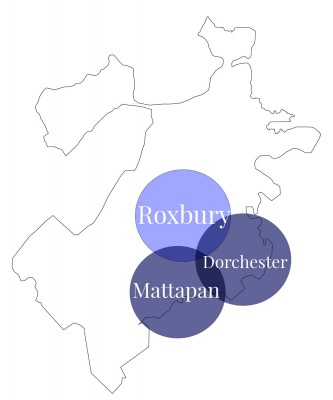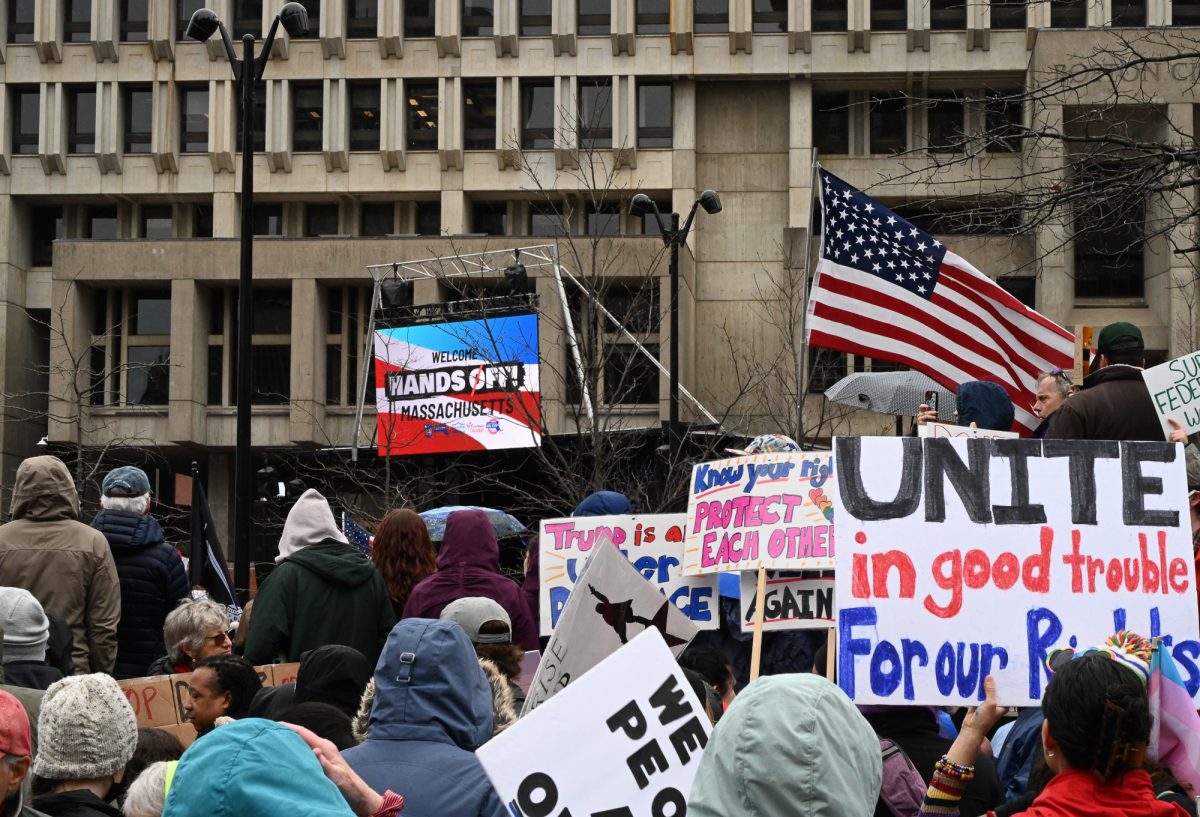Boston was chosen as one of seven cities nationwide to be awarded the Love Your Block award and received $30,000, in addition to full-time AmeriCorps members as volunteers for community revitalization, Boston Mayor Martin Walsh announced in a Wednesday press release.

Walsh will use the funds in low-income neighborhoods to strengthen community ties and help the under-represented neighborhoods in Boston build a safer and healthier environment. Funds will also go to support volunteers to help clean public areas and to make other renovations, the release stated.
“In Boston, we applied to the Cities of Service City Hall VISTA Love Your Block program because we knew it would have a positive impact on our neighborhoods,” Walsh said in the release. “We welcome AmeriCorps VISTA members here — the efforts put forth by Cities of Service will help Boston residents and local government work together to enhance public spaces, improve the health and overall well-being of local communities, and boost levels of civic engagement.”
Myung Lee, executive director of Cities of Service, said in an email statement that the Love Your Block program has had an impact in the past and she is thrilled to continue with the efforts taken by local volunteers and residents to revitalize the city.
“We’ve seen great success in cities already using impact volunteering and the Love Your Block model, and we’re excited to see promising city-led programs that thoughtfully engage residents in revitalizing their communities,” she said. “Thanks to our partners at the Corporation for National and Community Service, we get to see what happens when cities build on that initiative with human capital support from AmeriCorps VISTAs.”
The award will last up to three years and will work to support the neighborhoods of Roxbury, Mattapan and Dorchester. The goal of the program is to create solutions to solving health and safety issues in these low-income neighborhoods, the release stated.
“The City of Boston’s plan to concentrate its time and funding in neighborhoods most in need, and to include residents in decision making, is exactly what Cities of Service is about — engaging citizens in elevating and addressing priorities to achieve concrete results together with local government,” Lee said. “We are excited to have Mayor Walsh’s office as a partner in Love Your Block and future impact volunteering initiatives and look forward to working with them.”
The other six cities awarded by Cities of Service are Birmingham, Alabama, Lansing, Michigan, Las Vegas, Phoenix, Richmond, California and Seattle, according to the Cities of Service website.
Jordan Deasy, a coordinator for Boston Shines, an annual citywide cleanup event, said that civic engagement is a big part of using the grant and deciding which projects to move forward with.
“We will be reaching out to other organizations, and they will be leading the charge of which projects to develop,” Deasy said. “We want to empower the residents to give us feedback.”
Deasy said one of the conditions for the grant is that it benefits people in need, and he hopes the effects will eventually be more widespread.
“The grant is required to go to low-income neighborhoods and will be focusing on Roxbury, Mattapan and Dorchester, but we would love to see this in every neighborhood,” he said.
Several residents said the initiative is a good one, but it may not be significant enough to make any real changes.
Melissa Collins , 22, of South Boston, said she is enthusiastic for the initiatives taken to improve Boston and hopeful that the scope of the efforts will be widened.
“It will be a great opportunity and should be used for neighborhoods like Roxbury and Mattapan,” she said. “I can appreciate that the mayor will be using volunteers and city residents to help out, and I hope they can expand it to most neighborhoods in Boston.”
Jill Fiumrisa, 25, of South Boston, said while many see the award as a good thing, the money is not enough to make a huge difference.
“It [the money] should go to the MBTA. But I do think it’s a great thing. I don’t think thirty grand would help though,” she said.
Kevin Green , 50, of South Boston, said he wishes the money would be used to benefit his neighborhood, though he also said the amount of money is not substantial.
“It’s great. They should use it in my neighborhood,” he said. “But, realistically, thirty grand won’t go far.”





















































































































